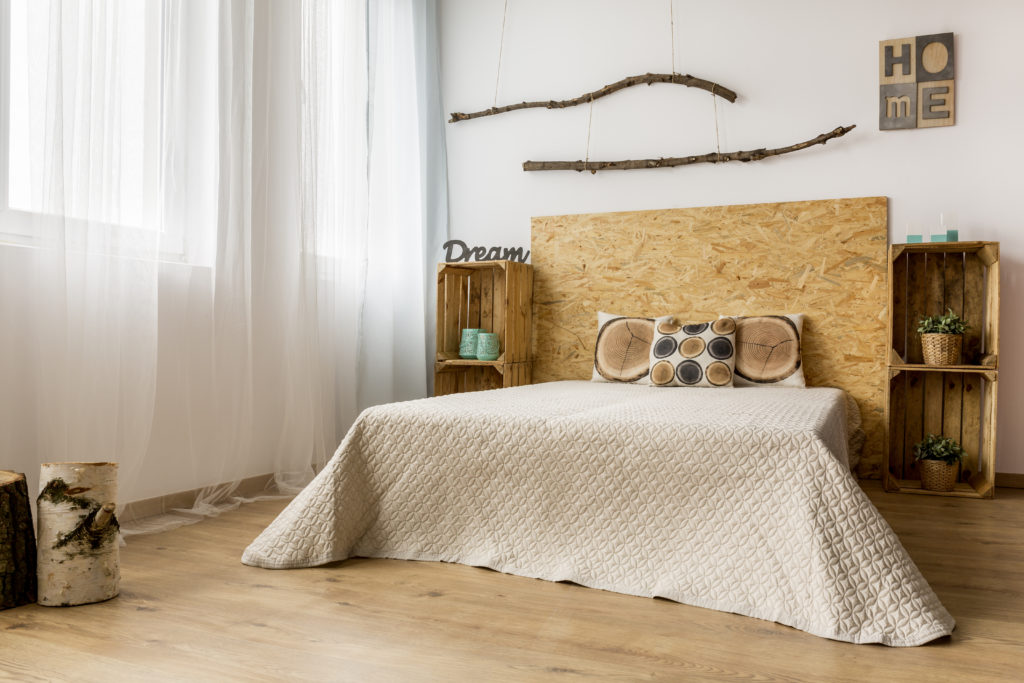In recent years, not many notions have gained as much publicity, as ecology and minimalism. Books, articles and special guides were written about both the first and the second term, blogs and vlogs were also created about them, and films and series were made. Most of the time, however, minimalism and ecology function separately in the collective consciousness of people – as two totally separate issues. Although not everyone is aware of it, they are inseparably connected with each other. How? You will read about it in a moment.
You buy less – you waste less
According to the philosophy of minimalism, you should have (and buy) only those things you really need and do not take possession of those that are unnecessary. This means that minimalists should buy much less than other people. The more people start to act this way, the more the production of clothing, cosmetics, food and many more is reduced.
The reduction in production is equal to:
- reducing the amount of garbage produced by factories,
- reducing the amount of exhaust generated during production,
- reducing the amount of energy and raw materials used during production,
- limiting the transport of goods (reducing the amount of fuel used, packaging, etc.).
Of course, these are only universal examples that can be applied to the general production. The detailed benefits are always dependent on the industry in question.
The less you have- the less you need
The minimalist, which has only 3 shirts instead of 15, has an impact not only on reducing the world production of clothes by 12 symbolic ones. By reducing the number of clothes you have, the amount of space needed to store them, the amount of detergents needed to wash them or the electricity necessary to iron them is reduced. An ironing board that will be used less often will probably last longer. There are many more such relationships.
Another issue is that items usually need … other items. Buying one thing means you need to buy a few more. Example? Deciding to buy a new table, you will probably also buy a new tablecloth, napkins, perhaps a new tableware and new chairs. Have you bought a new TV? Surely you will soon start thinking that you could use a new game console or soundbar. A palette of eye shadows came to your vanity? This purchase will most likely be associated with the next: makeup brushes or a base for new shadows.
As a result, giving up buying one item does not just mean that you have one thing less. Thanks to this decision, you save the purchase of subsequent items, as well as the energy and resources you would need to maintain them.
You buy less – you do not care about advertising and trends
Both ecology and minimalism have been promoted in recent years as something extremely fashionable. Cosmetics brands bombard us with commercials that encourage us to buy eco-creams, eco-shampoos, eco-perfumes and many other eco-products. Fashion brands offer us hundreds of minimal looking clothes.
Meanwhile, to be a minimalist and live ecologically, it’s enough … just to buy less and thus use less resources and reduce environmental pollution. Without succumbing to trends. A definitely less ecological attitude, is buying ten eco-products than buying one, ordinary one.
 Greenzoner.com
Greenzoner.com
Leave a Reply